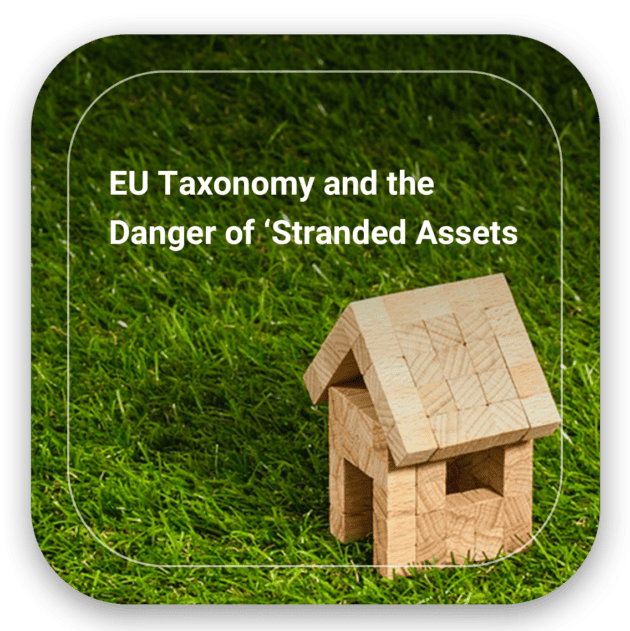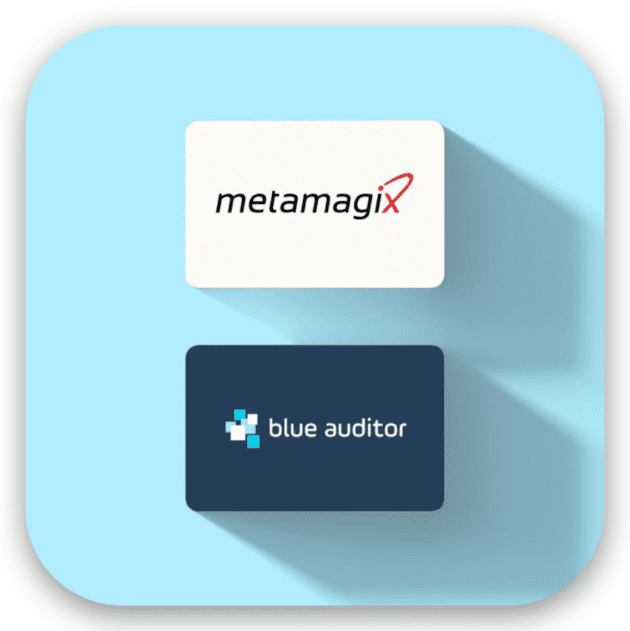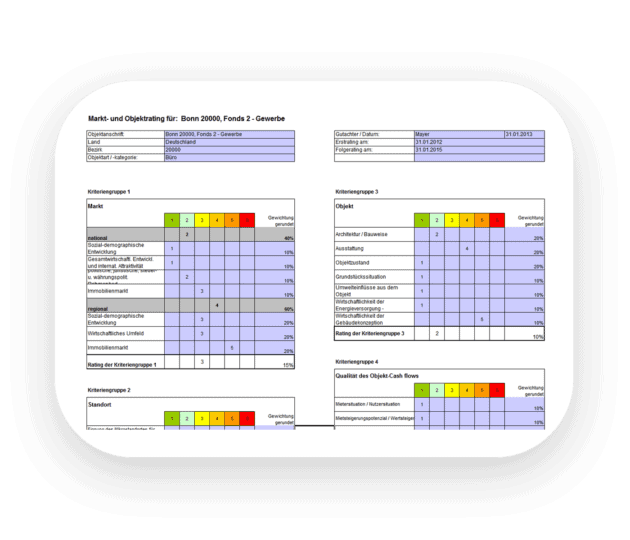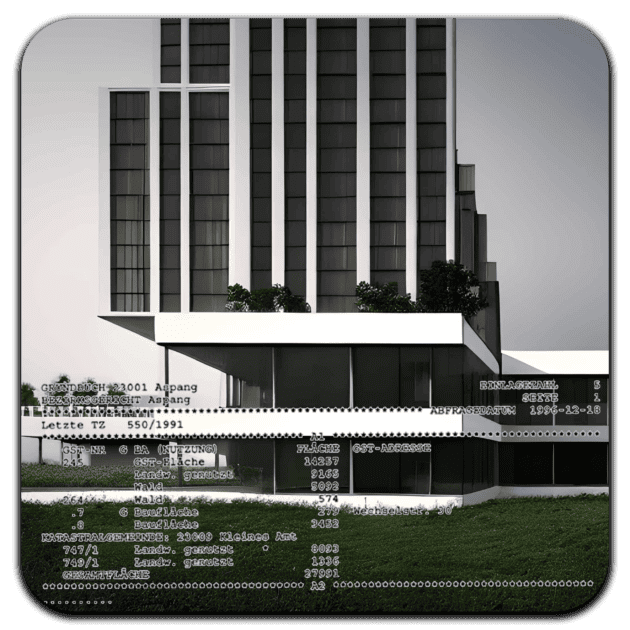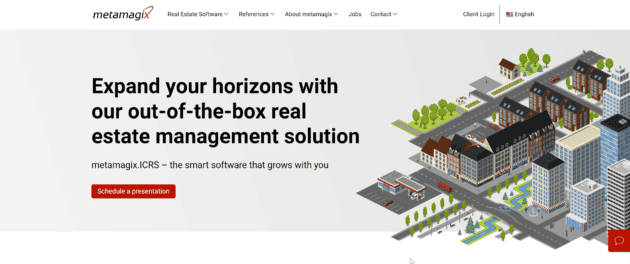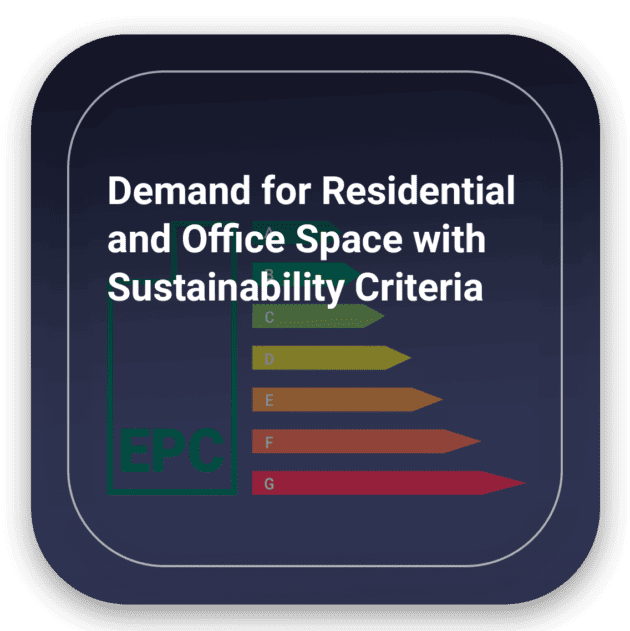
In Austria, an energy performance certificate (EPC) must be presented when renting, leasing or selling a property – for instance, to a bank when financing a condominium. The obligation to provide information on the energy condition of the building also applies to real estate advertisements. The energy certificate describes the electricity and, above all, heating requirements and can be designed differently depending on the building regulations of the individual federal states.
There is also a further trend toward resource conservation in the office sector, as tenants are increasingly asking for ESG-compliant space. In addition to environmental issues, the ESG “social” part is also a criterion – from offering children’s playgrounds through community spaces to affordable rents (the latter is not a top priority for all landlords, for obvious reasons).
From a landlord’s perspective, sustainability can also mean a purposeful choice of tenant structure. For example, real estate funds sometimes decide to exclude tenants from areas such as prostitution or arms dealing from their portfolios. There are now also discussions about this with regard to companies in the petroleum industry and even car repair shops.
Both perspectives – the tenant’s perspective and the landlord’s perspective – are welcome subjects in annual reports. Commercial tenants who choose green office properties benefit, and operators who implement ESG measures score points. For instance, an owner of a business park can claim an investment in rooftop photovoltaic systems as a green investment. At the same time, the asset in question is turned from a brown building to a green one.
Although the taxonomy ordinance was passed two years ago, measures and effects from it are still in flux. The legal text, which is about 400 pages long, provides the specifications – however, companies are only working their way up to the regulation in practice. Everybody wants to take green investments under their wing, and especially on the owner’s side, the possibilities for improvements in the ratings are discussed in different ways.
But what options do real estate operators have to encourage tenants to manage commercial property in a sustainable manner? Landlords are increasingly relying here on so-called “green leases” – in principle, these are sustainability clauses in the lease agreement. Depending on the type of building, they may require ecological building materials in structural changes, environmentally friendly cleaning agents and water conservation in facility management, or caps on the use of heating and cooling systems.
In many places, the industry is striving to convert customers to green leases when they renew a lease. For new leases, it’s almost standard. It’s a win-win situation: owners demonstrably ensure green income this way. Moreover, leased-in companies save resources for the good of their bottom line and the environment. It also gives facility management companies the opportunity to position themselves positively in the marketplace. Green leases are important to landlords for another reason: part of the clauses is access to tenants’ energy consumption data. This is necessary to be able to calculate the complete CO2 balance of a building.
The bottom line is that real estate funds must now prove to their institutional investors which parts of their assets are actually classified as green. The EU’s Corporate Sustainability Reporting Directive (CSRD) also aims to achieve uniform quality and comparability in sustainability reporting. With the CSRD coming into force at the beginning of the year, more than 50,000 companies in the EU are now obliged to report sustainability figures according to the new standards. Small and medium-sized companies will follow.
